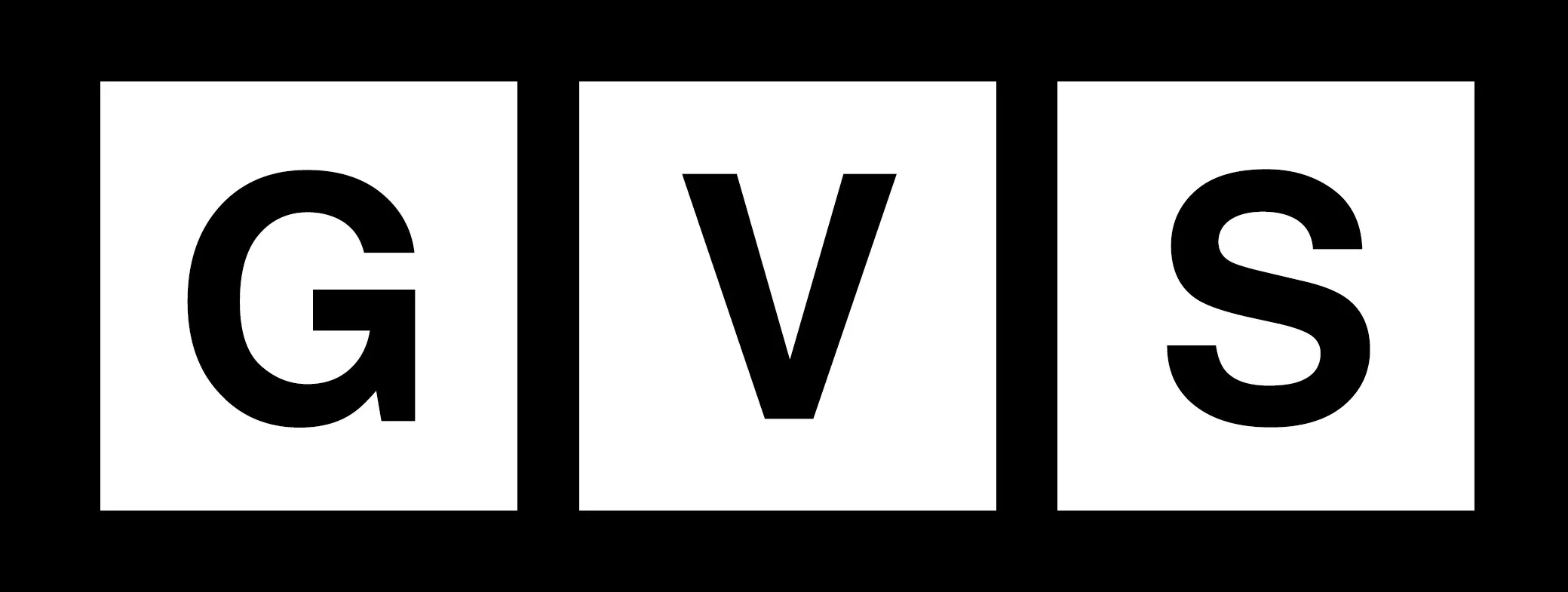In a significant move that could reshape the digital landscape, the European Union has set its sights on Apple, demanding greater interoperability for its devices. This initiative, part of the EU’s Digital Markets Act (DMA), aims to dismantle the tightly controlled ecosystem that Apple has cultivated around its iPhone and iPad operating systems. The implications of this decision are profound, not only for Apple but for consumers and developers across Europe.
The European Commission recently announced the launch of two specification proceedings that will outline the steps Apple must take to comply with the DMA. One of these proceedings will focus on ensuring that connected devices—think smartwatches, headphones, and virtual reality headsets—can seamlessly interact with Apple’s operating systems. The other will delve into how Apple handles requests from third-party developers seeking interoperability with iOS and iPadOS. The Commission emphasized that these interactions should be conducted in a “transparent, timely, and fair” manner.
Margrethe Vestager, the European Commission’s Executive Vice-President in charge of competition policy, underscored the importance of this initiative, stating, “Effective interoperability… plays an important role in ensuring fair and open digital markets.” This sentiment echoes findings from a recent study by the European Commission, which revealed that increased interoperability could enhance competition and innovation, ultimately benefiting consumers.
However, Apple is not taking this challenge lightly. In a statement, the tech giant expressed its willingness to collaborate with the European Commission but raised concerns about potential risks associated with opening its software to non-Apple devices. “Undermining the protections we’ve built over time would put European consumers at risk, giving bad actors more ways to access their devices and data,” an Apple spokesperson cautioned. This reflects a broader anxiety within the tech community regarding security and privacy, particularly as companies navigate the fine line between openness and protection.
The stakes are high for Apple. If the company fails to comply with the DMA, it could face fines of up to 10% of its annual global turnover, with the possibility of that figure doubling for repeated infringements. This regulatory pressure is part of a larger EU strategy aimed at curbing the dominance of major tech firms and fostering a more competitive digital market. The DMA is designed to facilitate easier transitions between platforms for consumers, promoting a healthier ecosystem where innovation can thrive.
In a related development, Apple recently faced a major setback when the European Court of Justice ordered the company to pay over $14 billion in back taxes to Ireland, marking a significant blow to its financial standing in Europe. This ruling highlighted the EU’s ongoing scrutiny of Apple’s business practices, particularly regarding its tax arrangements and competitive behavior.
As the EU’s regulatory dialogue with Apple unfolds over the next six months, developers and consumers alike will be watching closely. The outcome could redefine how Apple interacts with third-party applications and devices, potentially leading to a more open and competitive environment. This shift may also empower developers, who have long expressed frustration over Apple’s restrictive policies, particularly concerning app distribution and payment options.
In the end, the EU’s actions represent a pivotal moment in the ongoing struggle for digital rights and fair competition. As Vestager aptly noted, this process aims to provide clarity not just for Apple, but for developers and third parties as well. The hope is that by fostering effective interoperability, the EU can pave the way for a more innovative and consumer-friendly digital marketplace. As we await the Commission’s findings, one thing is clear: the balance of power in the tech world is shifting, and the implications of this change will resonate far beyond Europe’s borders.
